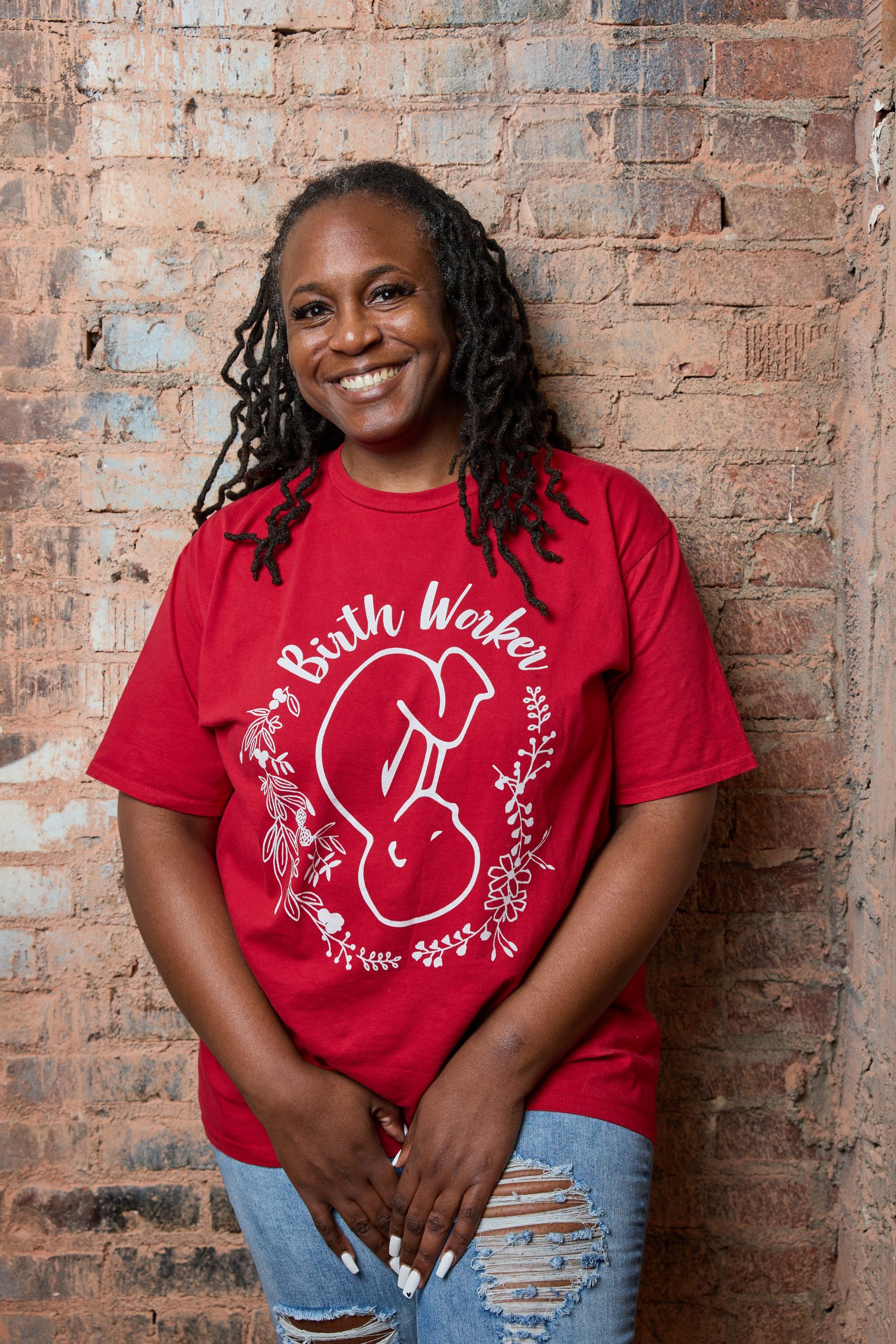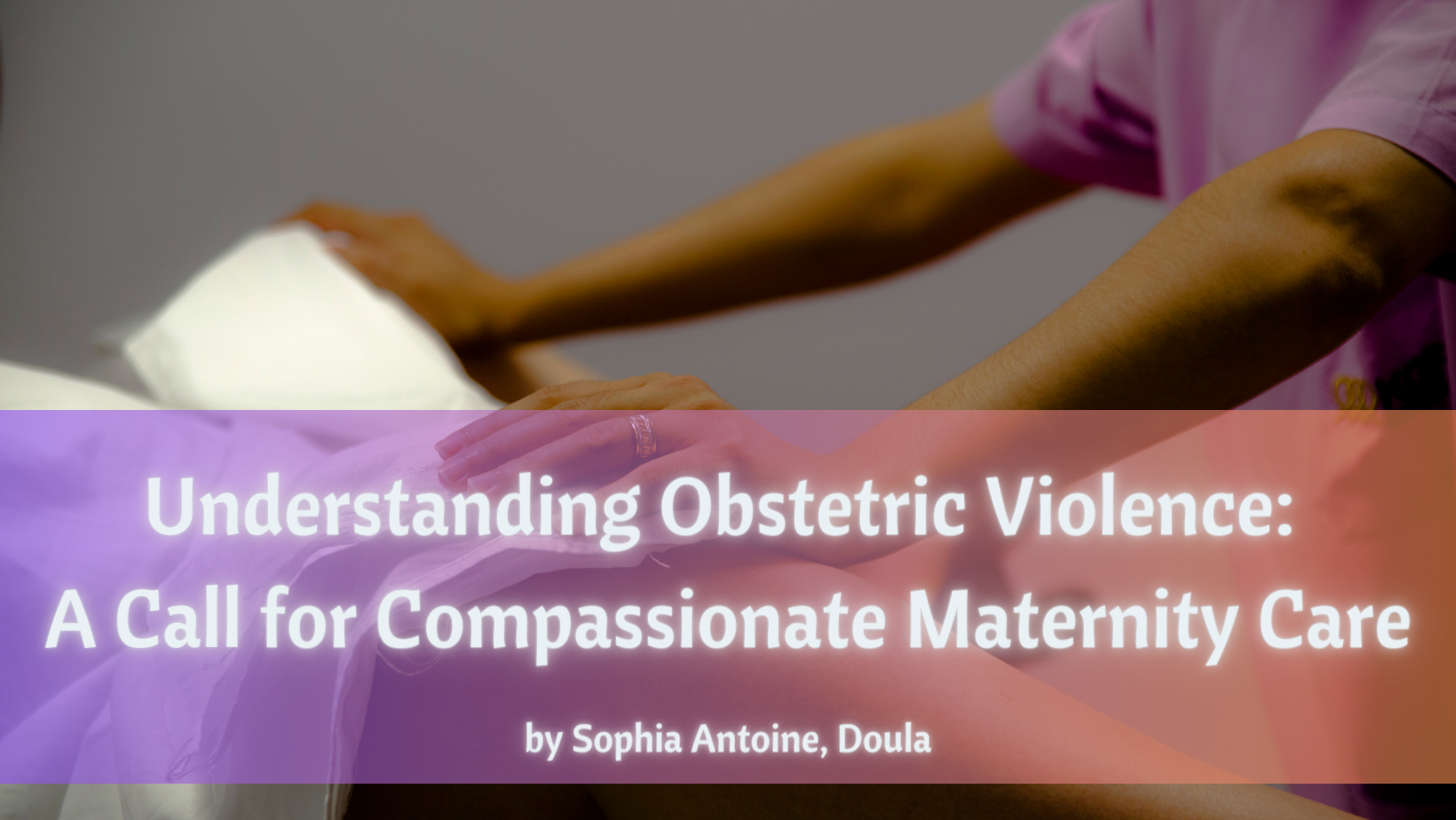Introduction
Welcome to our blog post on obstetric violence—a topic that deserves our attention and awareness. Pregnancy and childbirth are transformative experiences, and every person deserves respectful, compassionate care during this significant time. Unfortunately, obstetric violence is a pressing issue affecting pregnant individuals around the world. In this article, we’ll delve into what obstetric violence entails, why it matters, and how we can work together to advocate for positive change.
What is Obstetric Violence?
Obstetric violence refers to any form of mistreatment, abuse, or disrespect that pregnant individuals may experience during childbirth and the entire perinatal period. It encompasses actions or behaviors that violate a person’s rights, autonomy, dignity, and physical or emotional well-being. Examples of obstetric violence include physical or verbal abuse, coercion, unnecessary medical interventions, non-consented procedures, discriminatory treatment, and lack of information or informed consent.
Understanding the Impact
Obstetric violence can have profound and long-lasting effects on the physical and mental health of pregnant individuals. It undermines their confidence, autonomy, and sense of self-worth. Negative birth experiences can lead to postpartum depression, post-traumatic stress disorder (PTSD), and reluctance to seek future healthcare. Recognizing the impact of obstetric violence is crucial to supporting individuals and promoting positive birth experiences.
Why It Matters
Addressing obstetric violence is a matter of human rights and social justice. Every person has the right to respectful, compassionate care throughout their pregnancy journey. When pregnant individuals are mistreated or subjected to violence, it not only affects their well-being but also perpetuates a harmful cycle that impacts future generations. By raising awareness about obstetric violence, we can push for systemic changes that prioritize the rights and dignity of all birthing individuals.
Advocating for Change
As individuals, communities, and healthcare providers, we can all play a role in eradicating obstetric violence. Here are a few steps we can take:
- Education and Awareness: Learn about obstetric violence and its various forms. Share this knowledge with others to spark conversations and create awareness.
- Support Networks: Build and strengthen support networks for pregnant individuals. Encourage open dialogue, empathy, and validation of their experiences.
- Collaboration with Healthcare Providers: Engage in constructive conversations with healthcare providers, emphasizing the importance of respectful and compassionate care. Encourage the adoption of evidence-based practices that prioritize individual preferences and informed decision-making.
- Policy Advocacy: Support policies and initiatives that promote respectful maternity care. Advocate for comprehensive training programs and regulations that hold healthcare providers accountable for their actions.
- Personal Empowerment: Encourage pregnant individuals to be active participants in their care. Help them understand their rights, provide resources for informed decision-making, and empower them to voice their preferences.
Conclusion:
Obstetric violence is a pressing issue that affects countless pregnant individuals. By understanding what it entails and why it matters, we can take meaningful steps towards creating a more compassionate and respectful approach to maternity care. Together, we can advocate for positive change, support those who have experienced obstetric violence, and ensure that every person embarks on their pregnancy journey with dignity, empowerment, and compassion.
Join the Conversation:
To learn more about obstetric violence and compassionate maternity care, book a complimentary discovery call with our team of experts. Click HERE and let’s discuss how we can make a difference together.

Sophia Antoine
Doula
Sophia Antoine is a dedicated and compassionate doula with nearly two decades of experience in supporting families through their pregnancy, labor, and postpartum journeys. A native of Arcadia, FL, Sophia has made it her mission to empower and educate mothers and families on the importance of holistic, culturally sensitive, and evidence-based birth support.
Sophia brings a deep understanding of the unique challenges faced by families in the American healthcare system. She is passionate about advocating for birth justice and reducing health disparities within her community.
Beyond her professional credentials, Sophia brings warmth, empathy, and a reassuring presence to every birthing space. She is well-versed in a variety of comfort measures, including rebozo techniques, acupressure, and aromatherapy, and she tailors her approach to the unique needs and preferences of each family she serves.
When Sophia is not supporting families during their most transformative moments, she enjoys reading, teaching Zumba, working out, and advocating for maternal health policy reform. Sophia is grateful for the opportunity to serve her community as a doula and childbirth educator, and she remains committed to creating safe, nurturing, and empowering birth experiences for all families.

